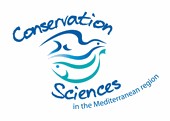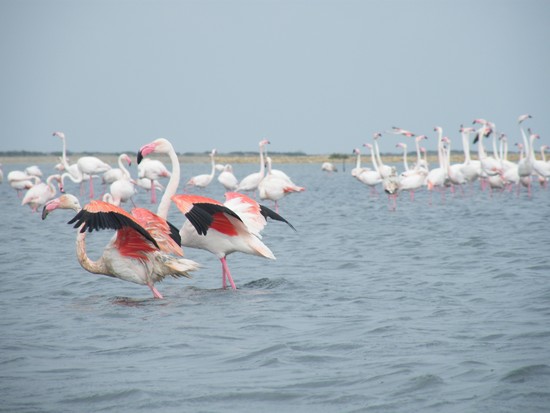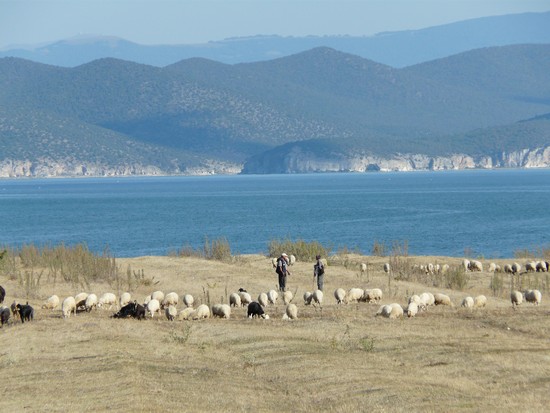Context and Objectifs of the conferenceCONFERENCE CONTEXTAt the crossroad of three continents and contrasting bioclimates, the Mediterranean basin is a truly unique area, featuring exceptional biodiversity and has been identified as one of the 34 world biodiversity hotspots. Several civilisations have settled and prospered through exploiting and shaping this biodiversity. There have been drastic upheavals in the relationships between society and nature in the last 150 years due to the strong demographic growth and constantly increasing anthropogenic pressure. Today, it is a region experiencing great economic, social, political, religious and environmental tension.The development of Conservation Sciences in the Mediterranean Basin is needed to find new approaches that allow the conservation of biodiversity to be compatible with the development of human societies. Today, the development of Conservation Sciences in the Mediterranean basin is needed for finding new approaches allowing the conservation of biodiversity and development of human societies.
CONFERENCE OBJECTIVES
The main objective of this conference is to create a scientific dynamism around the Mediterranean basin about the stakes of conservation sciences. Exchanging scientific knowledge and experiences should permit us to face the conservation challenges. This conference aims at scientific excellence by inviting high ranking lecturers, directed by Jacques Blondel as president of the scientific council, and by selecting high quality presentations. The conference will also stimulate informal exchanges between young scientists with invited lecturers at the Tour du Valat estate, with its important biological value. This will also be an opportunity to increase exchanges around the Mediterranean basin, by favouring access of young scientists from the south of the Mediterranean and by grouping the scientific and organisational committees from the two largest centres for Mediterranean ecology in France, IMBE in Aix-Marseille and CEFE/CNRS in Montpellier. |
| Online user: 1 | RSS Feed |

|



